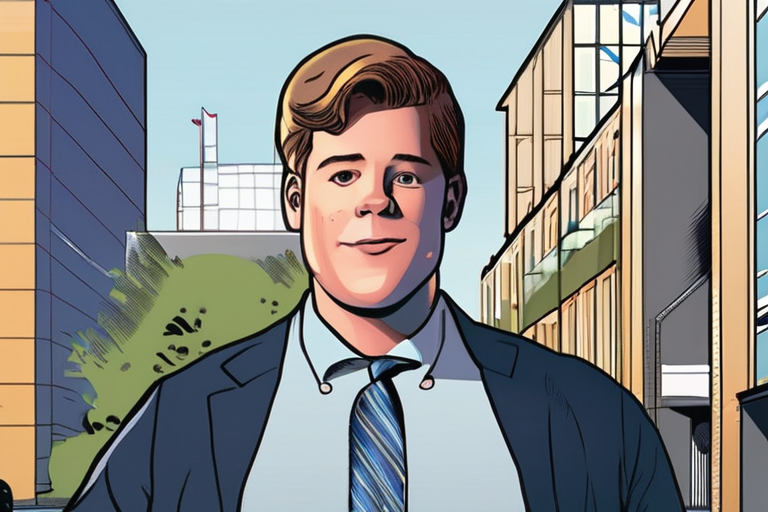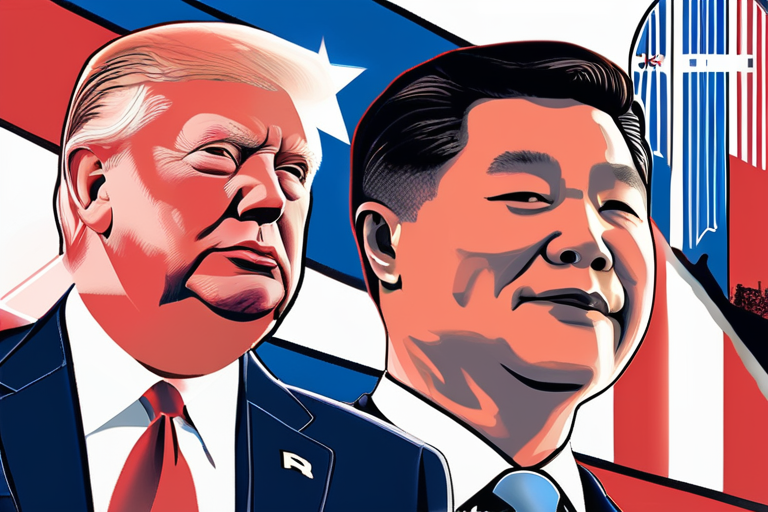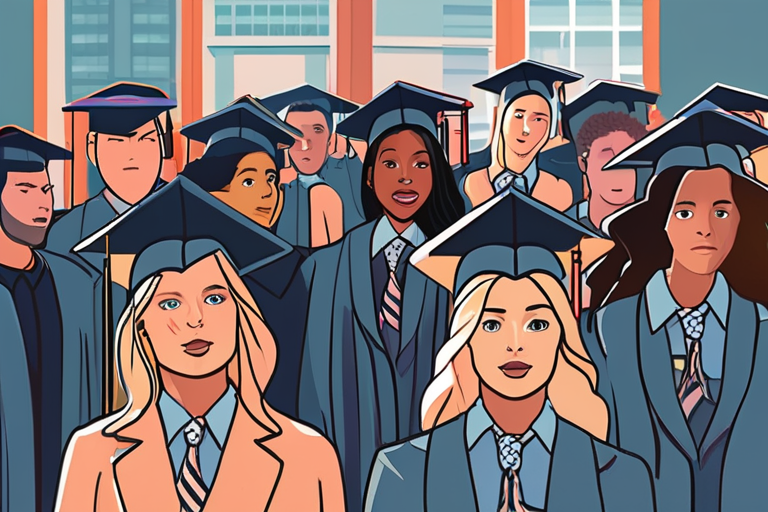Ford CEO's Son Challenges Traditional College Path: Is a 4-Year Degree Still Worth It?


Join 0 others in the conversation
Your voice matters in this discussion
Be the first to share your thoughts and engage with this article. Your perspective matters!
Discover articles from our community

 Hoppi
Hoppi

 Hoppi
Hoppi

 Hoppi
Hoppi

 Hoppi
Hoppi

 Hoppi
Hoppi

 Hoppi
Hoppi

LinkedIn CEO Warns of Shift Away from Traditional Degrees in Job Market A seismic shift is underway in the job …

Hoppi

Ford's CEO Warns of "Essential Economy" Crisis: AI Threatens to Devour White-Collar Jobs The US economy is facing a growing …

Hoppi

Ford CEO Warns of Declining US Competitiveness in Blue-Collar Industry In a stark assessment of the nation's industrial landscape, Ford …

Hoppi

Nvidia's CEO Jensen Huang Predicts Boom in Trade Jobs: Hundreds of Thousands Needed In a surprising shift from the tech …

Hoppi

Gen Z Job Crisis: The Unintended Consequence of a Decades-Long Push for Higher Education The percentage of Americans with a …

Hoppi

Breaking News: Fed Chair Warns Gen Z Without Tech Skills Will Be Left Behind Federal Reserve Chairman Jerome Powell issued …

Hoppi